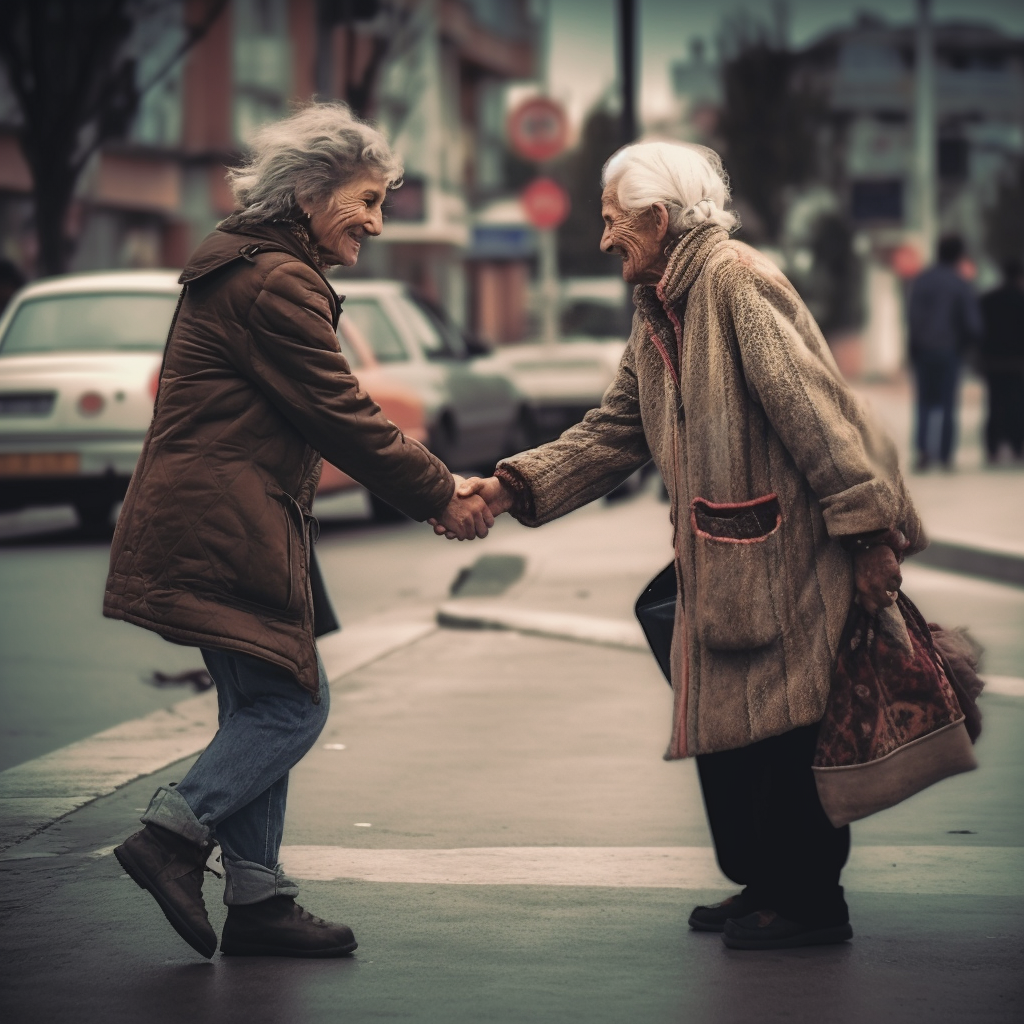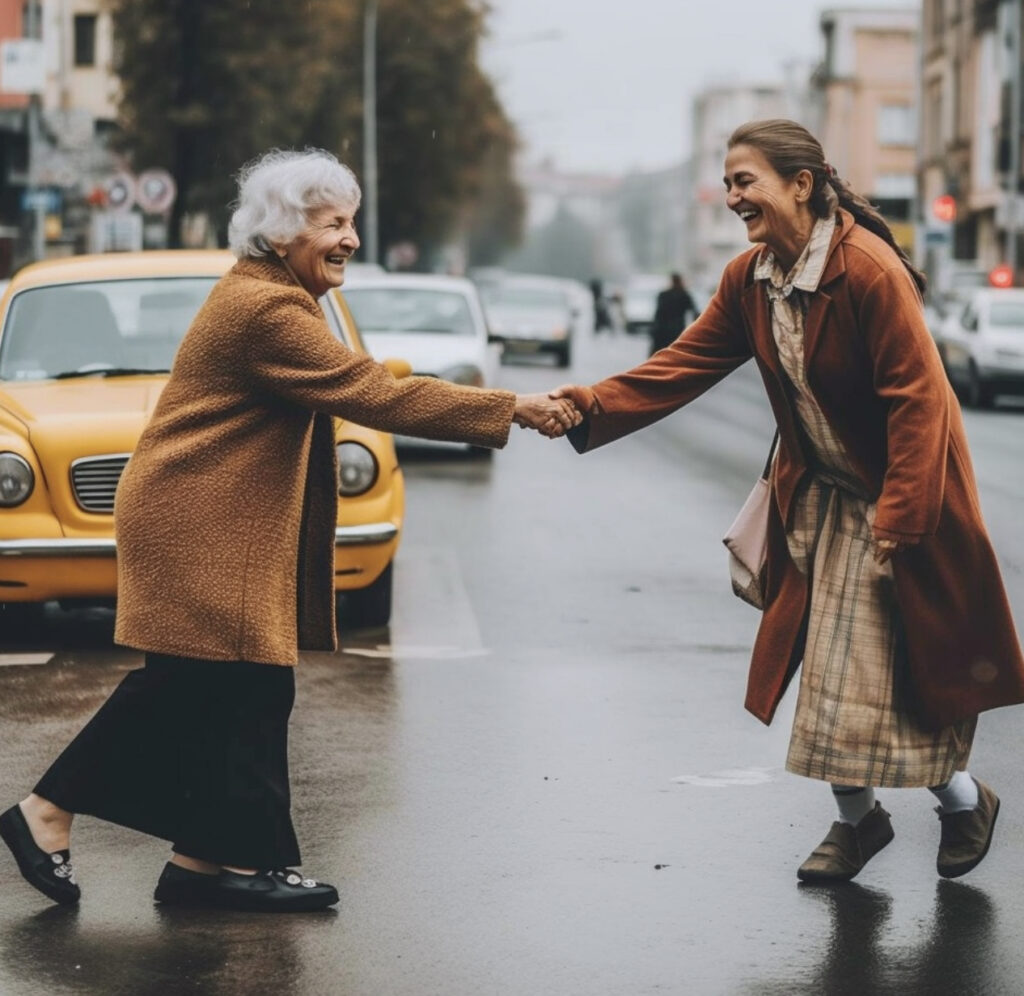As the clock struck 7 pm, Di Tran found himself walking along 3rd Street towards Thornton, preparing to merge onto the 264 Highway in the heart of the Beechmond neighborhood. The evening chill was biting, with the temperature hovering around 11 degrees. Despite the cold, Di Tran made his customary stop at a local gas station, a ritual often reserved for mornings after dropping off his children at school. However, today was different.
Inside the gas station, he opted for a freshly made Colombian espresso from the machine, a stark contrast to his usual morning coffee. This choice wasn’t just about preference; it was a small act of self-care, a necessary warmth in the chilly evening. For Di Tran, coffee was not just a beverage; it embodied a moment of solace, a brief pause in his hectic life. It was his companion in strategizing for his longstanding small businesses and the newly launched ventures that filled his mind.
But as he stepped out of the gas station, espresso in hand, Di Tran’s attention was abruptly drawn to a starkly different reality. There, against the backdrop of the dimly lit street, was a man who appeared to be homeless. The man’s life seemed to be contained within a grocery cart, adorned with multiple thick blankets and jackets. He clutched a cigarette, perhaps seeking a sliver of warmth or a momentary escape. The sight was a stark reminder of life’s harsh realities.
In that moment, Di Tran’s own stresses and overwhelming business concerns seemed to fade into the background. The comparison was stark and humbling. Here he was, a man blessed with a family, a home, and businesses, reflecting on his success and the path that led him here. He remembered his own struggles as a newcomer to America 29 years ago, enduring cold apartments and the daunting task of building a life from scratch.
This encounter stirred a deep sense of gratitude in Di Tran. He thought of the many people who had contributed to his journey: from the employer who first offered him a job to the customers who supported his businesses, and the mentors who guided him. It was a tapestry of support and community that had brought him to where he was today.
As he continued his walk, Di Tran’s mind echoed with a sentiment of thankfulness and recognition of the strength imparted by life’s challenges. “God blesses his people with strength, for everything is used to make a person stronger,” he mused. His heart filled with gratitude not just for his achievements, but for the collective effort it represented.
Di Tran’s experience that evening was a profound reminder of the diverse tapestries of life that coexist in our communities. It was a moment of reflection, of understanding the deeper nuances of life’s journey, and recognizing the blessings often taken for granted. As he headed home to his warm bed, Di Tran carried with him a renewed sense of appreciation and a reminder of the resilience and strength found in every human story.



